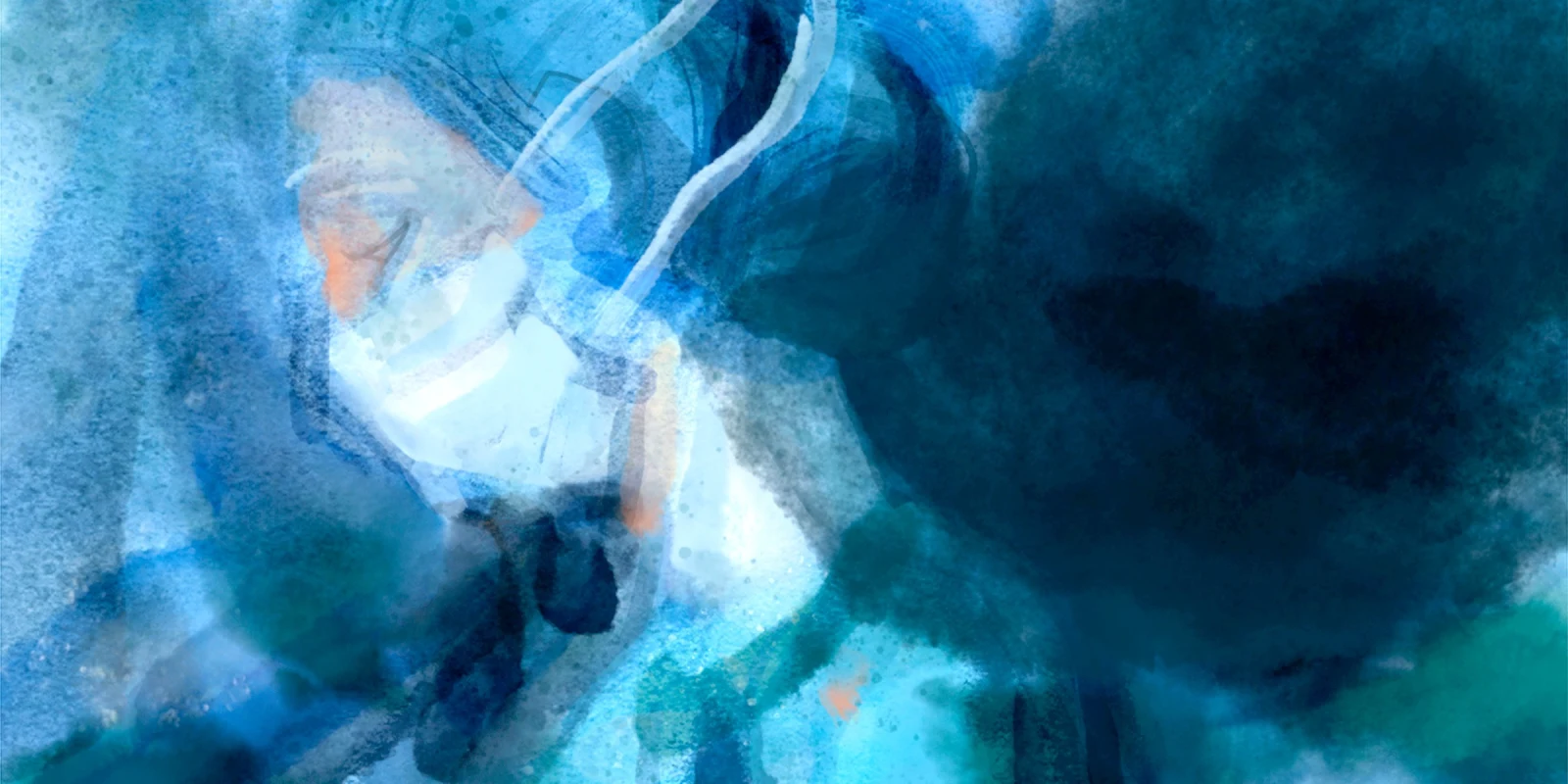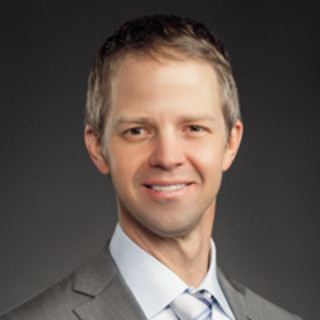“I’m hanging up my spurs.”
It was cocktail hour at the fellowship reunion meeting. But the words were not from my mentor at the end of a long and storied career. The words were from another alumni who was my age.
I was shocked. He was quietly leaving clinical practice.
His hospital had some administrative changes, a merger, and somewhere in the process, they closed his entire department.
He is moving into a position as a reviewer for a major insurance company and will continue to do some cash pay work on the side.
I would have found another job doing surgery. The look on my face must have betrayed my total bewilderment since he felt obligated to explain.
“Frankly, the pay is not that different, the hours are better, and it’s a lot less stressful.”
I had to admit I saw the sense in that. Teaching arthroscopy labs on cadavers at alumni meetings is certainly less stressful than practice. That, in part, is why I was at this meeting.
“But,” I stammered, “you’re not a surgeon anymore.”
Being a surgeon. For many physicians, the idea of what we do is so inseparable from who we are that we are prone to this type of reaction. It is our identity.
He just shrugged. “Who is John Galt?”
It was an odd thing to say; however, I had been asking for a book recommendation earlier in the conversation, and so this catch phrase was not completely out of context, since someone had suggested the classic 1957 novel “Atlas Shrugged” by Ayn Rand.
I thought maybe he was just changing the subject, not wanting to be pressed about his quitting clinical practice. It didn’t occur to me that the reference was intentional.
A generation ago, this scenario was unthinkable. A hospital closing an entire surgical department? A surgeon abandoning surgery? Now, in 2024, it’s not a coincidence but an emerging trend.
On the flight home from the meeting, I was listening to “Atlas Shrugged.” It was my father’s favorite book and hated by so many other people. I figured it was time I learned what this controversy was all about.
For those who don’t have the spare time to read 1,100 pages, the book tells the story of a railroad tycoon and her colleagues, the top industrialists of the age, who are so hounded by overbearing regulation and so-called “looters” who ride their coattails that they begin to intentionally resign themselves from responsibility to the free world. The result is a collapse of progress and modern society.
Sound familiar?
The book read like the 2020 pandemic as much as the 1957 red scare. Page after page, I could not help but think to myself that this is happening right now in medicine. And it’s true. With varying degrees of intention, physicians are beginning to silently walk away from clinical practice in protest.
But, after all, it’s just a book, right? And yes, from a literary and stylistic perspective, it’s not a great book. And while the warning is real, there are a couple of key assumptions that do not apply to medicine.
For example, in the novel, whenever a bridge or mine collapsed it was always arranged so that no one got hurt.
In our jobs, if we walk away and the whole edifice of medicine collapsed, people would certainly get hurt. Without exaggeration, people would die.
And by the laws of natural career selection, we won’t let that happen. Since the first medical school admission essay to the early days of the pandemic, we have been promising to go down with the ship. We signed up for this, in part, because of a sense of obligation to humanity.
Unfortunately, it feels like outside forces know and exploit this fact. We are increasingly asked by less and less qualified people to do more and more for a system that seems even less interested in serving its patients.
And so, as we attempt to hold the line around the moral and ethical standards of care, if it is not the patients, it is we who are dying. Mostly this takes the form of the thousands of little deaths but sometimes more: a broken marriage, estranged children, poor health. But also, substance abuse, burnout, and even suicide is on the rise among physicians.
The second assumption that errs is that the system must fail catastrophically before it can begin to be rebuilt.
In reality, the track record of incremental improvement in times of peace and prosperity outshines that of bloody revolution when taken over the whole course of human civilization.
So, yes, there are parts of me that want to walk away, leaving administrators and insurance companies to deal with problems of patient care that they cannot solve. But I won’t do that. And neither would the rest of us.
Instead, we have to heal this monster from inside its belly. We can’t just slay it. But it would do us well to remember that this system is fundamentally built upon the goodwill of physicians. Are there places we can protest without compromising care? I don’t know. Many of us are too tired to thoughtfully approach the topic; some of us feel too overwhelmed to even examine the question.
But, that’s what we are tasked to do. This is not a work of fiction. I don’t think a John Galt is coming. If he existed, he would be too busy taking care of patients to spread philosophy.
Reality is simpler and more tragic. Physicians of the past were revered as gods and have gradually been exposed as mortals. Still, the demands upon the modern physician are burden enough for a superhero, and I do not begrudge anyone who steps away.
While physicians are not likely to depart our field en masse, what will happen when we just can’t do this any longer?
Brian Gilmer, MD is an orthopaedic surgeon in Reno, NV, and Mammoth Lakes, CA. He would like to confess that, much like in high school, he did not read the whole book. He was a 2022–2023 Doximity Op-Med Fellow, and continues as a 2023–2024 Doximity Op-Med Fellow.
Illustration by Jennifer Bogartz







